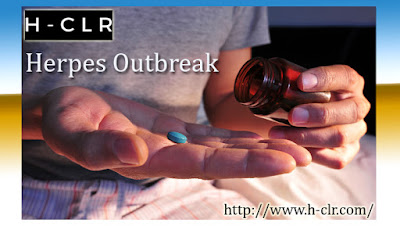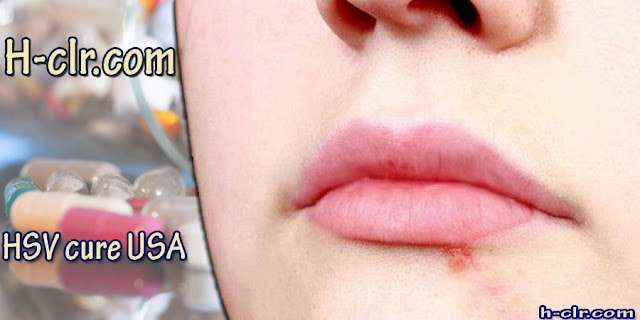Wish to know more about Herpes?Here you go!
The herpes simplex virus(HSV)
causes contagious sores most often around the mouth and genitals.
They are painful blisters filled with fluid, which tend to break and ooze
fluid.
Types of Herpes Virus
The two types of herpes are HSV-1
and HSV-2. The HSV-1 is commonly associated with oral herpes and is characterized
with symptoms like cold sores or fever blisters. HSV-2 is associated with
genital herpes. HSV type can affect any part of the body.
Testing methods
There are reliable blood tests,
which can identify herpes such as the IgG or the Western Bolt and swab tests featuring
culture or more accurate the PCR DNA.
An outbreak of herpes
A herpes
outbreak at first will last for about 2-4 weeks. When the virus enters
the body, it causes an eruption in the skin leading to painful lesions resulting
in itch or burn accompanied by flu or cold. The virus travels through the nerve
pathways to nerve bundles located in the base of the neck or the spine. It will
set up latency in any one of the nerve ganglia until it is triggered and
activated causing recurrence of symptoms. The virus remains in the body for life,
but the recurrence can be treated or prevented with antiviral medication.
Transmission of the virus
The virus is very easily
transmitted through sexual contact. Steps should be taken for herpes cure to reduce the risk of
transmission to uninfected partners. Taking antiviral medication every day is
highly recommended, use of condom or abstaining from sexual activity during
symptoms is very important. Protect self and others! If you experience symptoms
from this infection, test for herpes, treat and prevent it from spreading.




Comments
Post a Comment